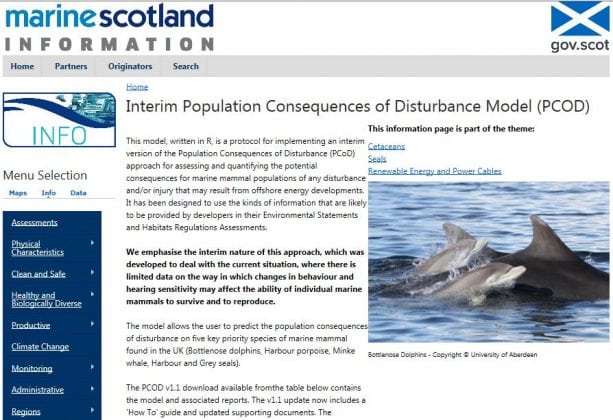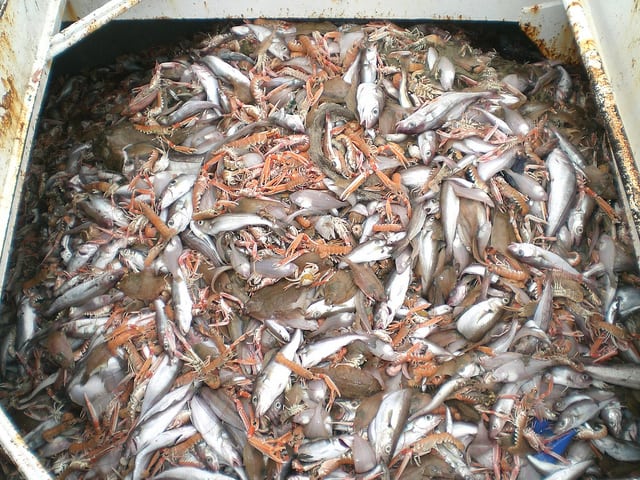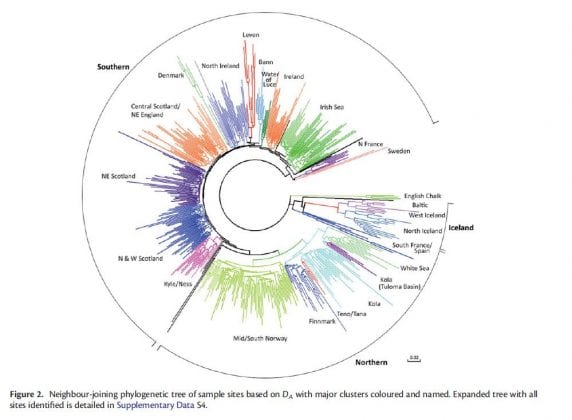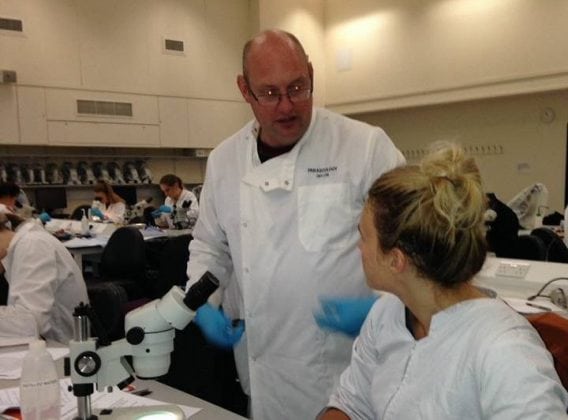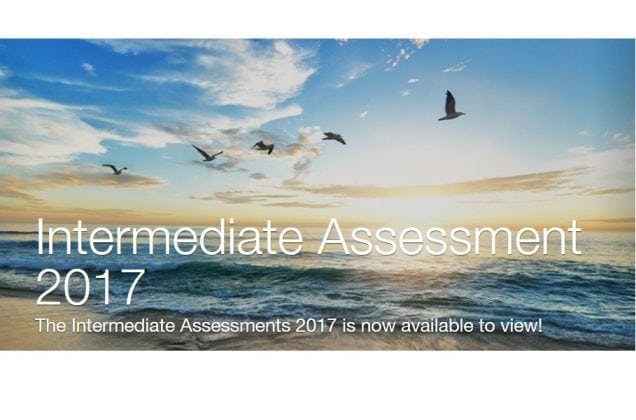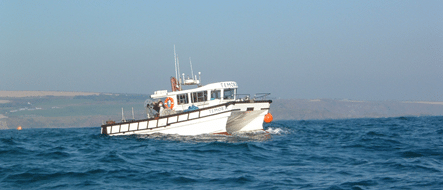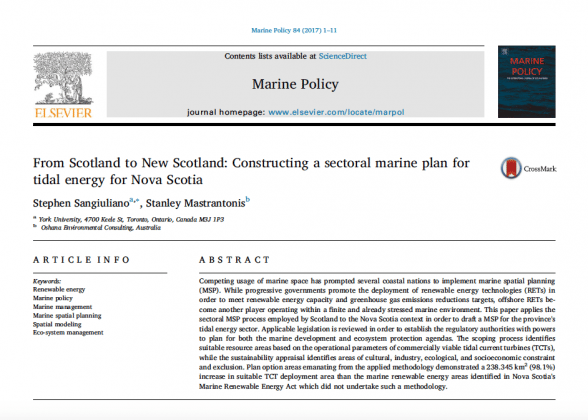Marine
-
Glasgow welcomes the EU Atlantic Stakeholder Conference
26th October 2017 by Marine Scotland Communications

Registration is now open for the conference and workshops for the annual Atlantic Stakeholder Conference, which will take place in Glasgow on 8 November 2017 with a theme of ‘Regeneration across Generations’ and a focus on creating socially inclusive and sustainable models of regional development. This priority of the EU’s Atlantic Strategy and Action Plan will...
-
Predicting the impact of underwater noise on marine mammals
13th October 2017 by Marine Scotland Communications

Marine mammals, such as seals and dolphins, are sensitive to underwater noise and other disturbances which can affect their ability to forage or communicate. Our understanding of the effects of these pressures on marine mammal, and of how to assess and quantify potential impacts on populations, is rapidly evolving. One tool that can be used...
-
Model Movements
12th October 2017 by Marine Scotland Communications
This morning, Marine Scotland has published a report on approaches for modelling harbour seal movement. This type of information is important because it may be able to help predict the consequences of environmental change, such as the establishment and operation of marine renewable energy, on the distribution and movement of seal populations. The work, undertaken by the...
-
The Buckland Foundation lecture – 12 October 2017
3rd October 2017 by Marine Directorate Communications

The Buckland Foundation: Stewards of the Sea: Returning Power to Fishers Thursday 12 October 2017, The Byre Theatre, Abbey Street, St Andrews, KY16 9LA, 16.30 for 17.00. Free Entry & Refreshments Available. The Scottish presentation of the 2017 Buckland Lecture will be in the Byre Theatre at the University of St Andrews on Thursday 12 October...
-
The genetic stock identification of European Atlantic salmon
29th September 2017 by Marine Scotland Communications

Marine Scotland scientists, including senior author Dr John Gilbey, Eef Cauweiler and Lee Stradmeyer, have been involved in a recent publication in the ICES Journal of Marine Science. The publication, which is the results of a collaboration between researchers from laboratories in 11 countries from across Europe, provides the most comprehensive geographical coverage for an Atlantic salmon data-set for genetic stock...
-
Knowing your parasites – inside and out
20th September 2017 by Marine Scotland Communications

Ensuring Scotland’s marine environment is managed effectively and sustainable is crucial for future generations – and this includes, literally, all creatures great and small. To support this, in September, representatives from Marine Scotland, Aberdeen University and the University of Cape Town hosted a two day MASTS-funded workshop in Aberdeen focussing on “Parasites of Commercially Important Marine Fish Species and...
-
IA2017 – Eutrophication is still a problem in some areas
18th September 2017 by Marine Scotland Communications

Eutrophication is the result of excessive enrichment of water with nutrients. This can cause accelerated growth of algae (phytoplankton) and plants. This may result in an undesirable disturbance to the balance of organisms present and ultimately to a decline in the overall water quality. Eutrophication is not always a local problem. Water masses continuously move...
-
Opening the Doors on Coastal Monitoring
12th September 2017 by Marine Scotland Communications

Staff at Marine Scotland are busy preparing for Aberdeenshire Doors Open Day on the 16th September. Located in the courtyard of the Tollbooth Museum by Stonehaven harbour between 10am until 4pm, they will be presenting a display about the renowned Scottish Coastal Observatory site located 5km offshore from Stonehaven. For the last 20 years, environmental factors at sea such...
-
IA2017 – New developments in the way biodiversity is assessed
11th September 2017 by Marine Scotland Communications

OSPAR is committed to protecting and conserving ecosystems and biodiversity through the management of human activities, guided by an ecosystem-based approach to management. The development of internationally coordinated biodiversity indicators is a relatively new field for OSPAR. In the Quality Status Report 2010, OSPAR assessed ten ecological quality objectives developed for the North Sea which...
-
Scottish Plans inspire Canada
6th September 2017 by Marine Scotland Communications

Scotland is well placed to take a global lead in the exploitation of marine renewable energy, boasting a substantial resource potential estimated at 25% of Europe’s tidal resource, 25% of its offshore wind resource and 10% of its wave potential. In order to sustainably develop the offshore marine renewable energy industry in Scottish waters, Marine...

